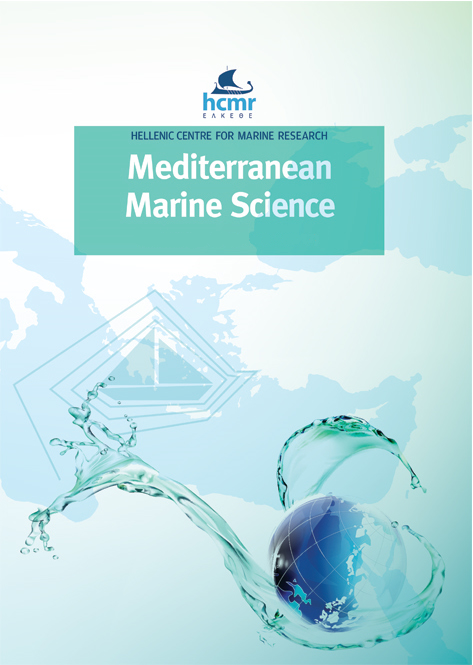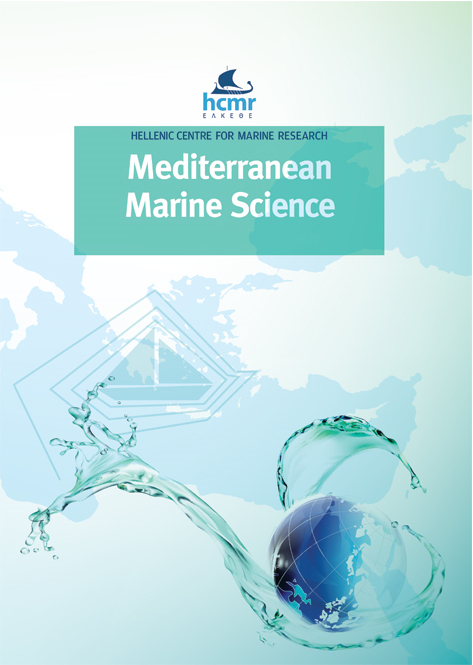Greek biology students’ knowledge and perceptions of Natura 2000 protected areas

Abstract
Education is an important component to achieve biodiversity conservation. Given the need to increase environmental awareness and literacy towards more effective biodiversity conservation and more participatory management of protected areas, this paper aims to investigate the level of knowledge and perceptions of Biology students in Greece on Natura 2000 protected areas. The research was conducted using a standardized questionnaire, administered to 434 students from five biology departments. The students’ knowledge score was notably low and the department of their study did not differentiate the level of knowledge. In contrast, students in more advanced academic years or interested in Ecology, Zoology or Botany demonstrated a higher knowledge score than participants interested in other scientific disciplines. The majority of the students agreed with the establishment of a protected area in their place of residence. In terms of Natura 2000 management, NGOs, independent authorities and governmental organizations were more favored to the private sector. Regarding Natura 2000 site financing, the payment of users in specific areas and the purchase of local products are preferred. To integrate biodiversity conservation concepts in ecology study programmes and textbooks, the participation of experts from multiple scientific fields and the integration of a diverse array of teaching methods and tools are imperative.
Article Details
- Zitationsvorschlag
-
OIKONOMOU, A., STASINAKIS, P. K., MAVRIKAKI, E., & PAFILIS, P. (2025). Greek biology students’ knowledge and perceptions of Natura 2000 protected areas. Mediterranean Marine Science, 26(1), 30–39. https://doi.org/10.12681/mms.38336
- Rubrik
- Research Article
Authors who publish with this journal agree to the following terms:
- Authors retain copyright and grant the journal right of first publication with the work simultaneously licensed under a Creative Commons Attribution Non-Commercial License that allows others to share the work with an acknowledgement of the work's authorship and initial publication in this journal.
- Authors are able to enter into separate, additional contractual arrangements for the non-exclusive distribution of the journal's published version of the work (e.g. post it to an institutional repository or publish it in a book), with an acknowledgement of its initial publication in this journal.
- Authors are permitted and encouraged to post their work online (preferably in institutional repositories or on their website) prior to and during the submission process, as it can lead to productive exchanges, as well as earlier and greater citation of published work (See The Effect of Open Access).





